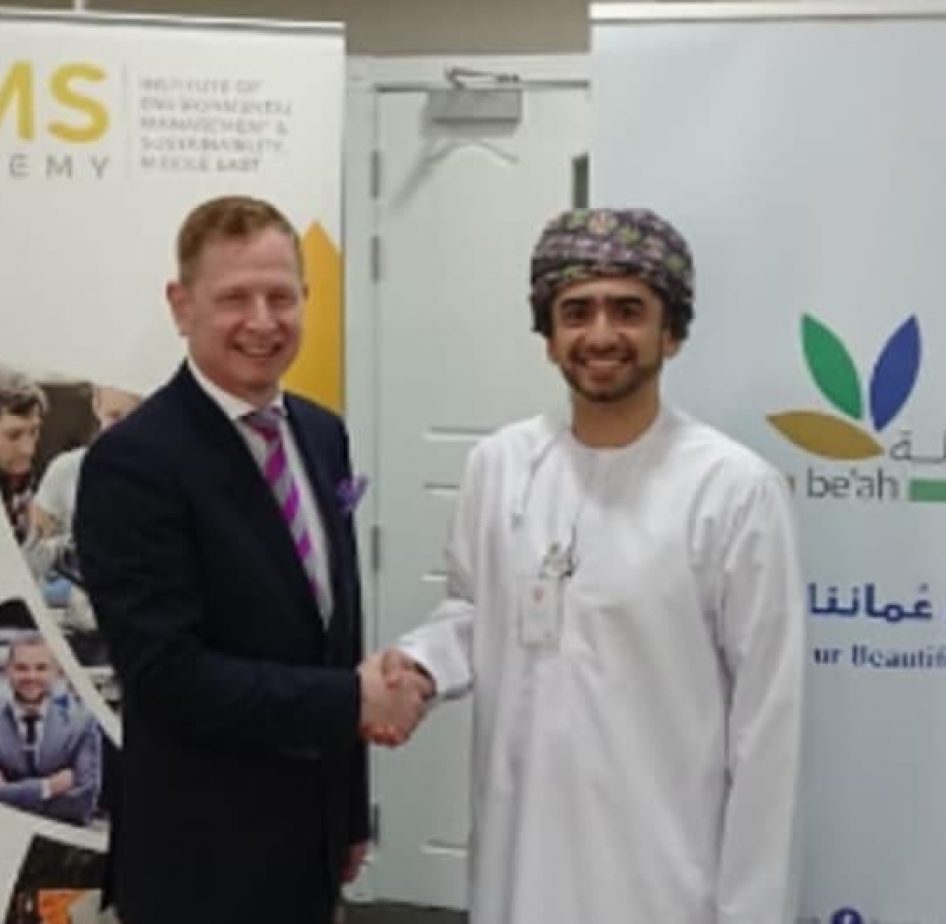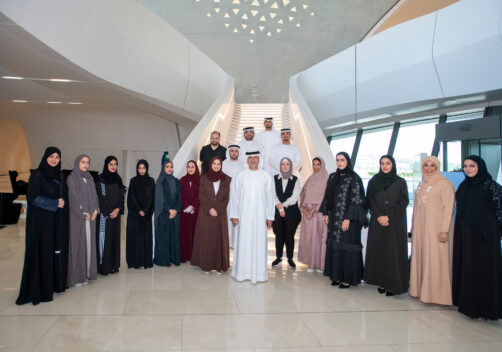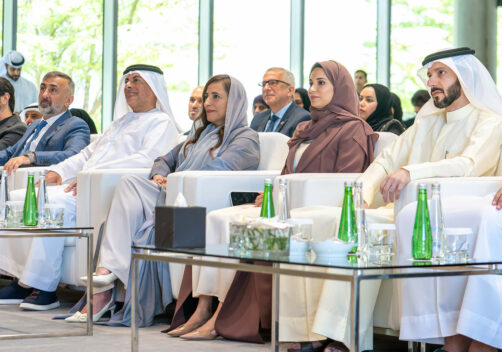Waste management and anti-metal smuggling master classes to kick off series of public and private sector programs
Sharjah, UAE, 16 September 2018: The Institute of Environmental Management and Sustainability, Middle East (IEMS) is taking its training expertise to the Sultanate of Oman with two bespoke programmes for be’ah Oman set to launch in Q4 2018.
Established in 2007 to oversee the efficient management of solid waste, and spearhead the country’s sustainable waste management strategy, be’ah Oman’s newly unveiled Environmental Centre of Excellence will focus on delivering essential environmentally relevant training courses for the public and private sector.
IEMS and be’ah Oman already have a Memorandum of Understanding (MoU) in place and the first course to go live, in October 2018, is a five-day waste management master class, designed specifically for be’ah personnel, with plans to expand the program to external be’ah clients at a later date.
The week-long course covers environmental best practice, legal requirements, industry principles, sustainability issues, and lastly air and water pollution crisis management handling, with each day dedicated to an in-depth focus on key aspects of waste management including the handling of hazardous waste, waste electronic equipment, construction and demolition waste, and healthcare waste.
“With landfill facilities in the country providing finite capacity, and as part of its commitment to support the UN Sustainable Development Goals, Oman is working towards the development of material recovery facilities and associated services as a sustainable long-term alternative. In order to make this a reality, be’ah Oman’s Environmental Centre of Excellence will be the go-to resource for world-class training delivered by international experts, through a series of courses developed by IEMS,” said Sami Mohammed Handley, Director, IEMS Academy.
Another key area of focus for the Sultanate is the serious issue of scrap metal smuggling, including lead, copper, aluminum, zinc, nickel, brass, platinum, and bronze. This prompted be’ah Oman to turn to IEMS academy to collaborate on the development of a targeted program to train law enforcement officials, government entities and private sector companies on how to combat all forms of metal smuggling.
IEMS and be’ah will launch its first one-day scrap metal smuggling prevention-specific program in October 2018, with a four-module session developed in partnership with UK based experts, and designed to provide a comprehensive overview of prevention measures and governance.
The intensive one-day course starts with a history of metals smuggling in Oman and looks at the methods used to minimise losses and the economic effects of smuggling. Subsequent modules cover threat and risk analysis with a strong focus on identifying and differentiating different metals; the strategies in place to counter these unlawful acts, as well as preventive measures and role of law enforcement and other stakeholders; and wraps with a practical guide on the steps needed to create a metals smuggling-free environment through the measurement and identification of new technologies.
“The smuggling of valuable metals across our borders has serious consequences for law enforcement, the government and the economy. The Royal Oman Police will be the first entity to undergo this exclusive one-day training program as authorities move to proactively address such threats to our economy and the country’s future security. We will follow this with commodity-specific modules, for example, homing in on lead and aluminum smuggling, as we evolve this incredibly important series of training programs,” said Dr. Mohab Ali Al-Hinai, Project Manager, Environmental Center of Excellence, be’ah, Oman.
“We are working hand-in-hand with IEMS to develop a strategic roadmap for the centre that will allow us to deliver a wide variety of programs for the public and private sector as we work to raise awareness, educate and set new standards for the Sultanate across the full gamut of environmental sustainability and economic security issues,” Al-Hinai added.




